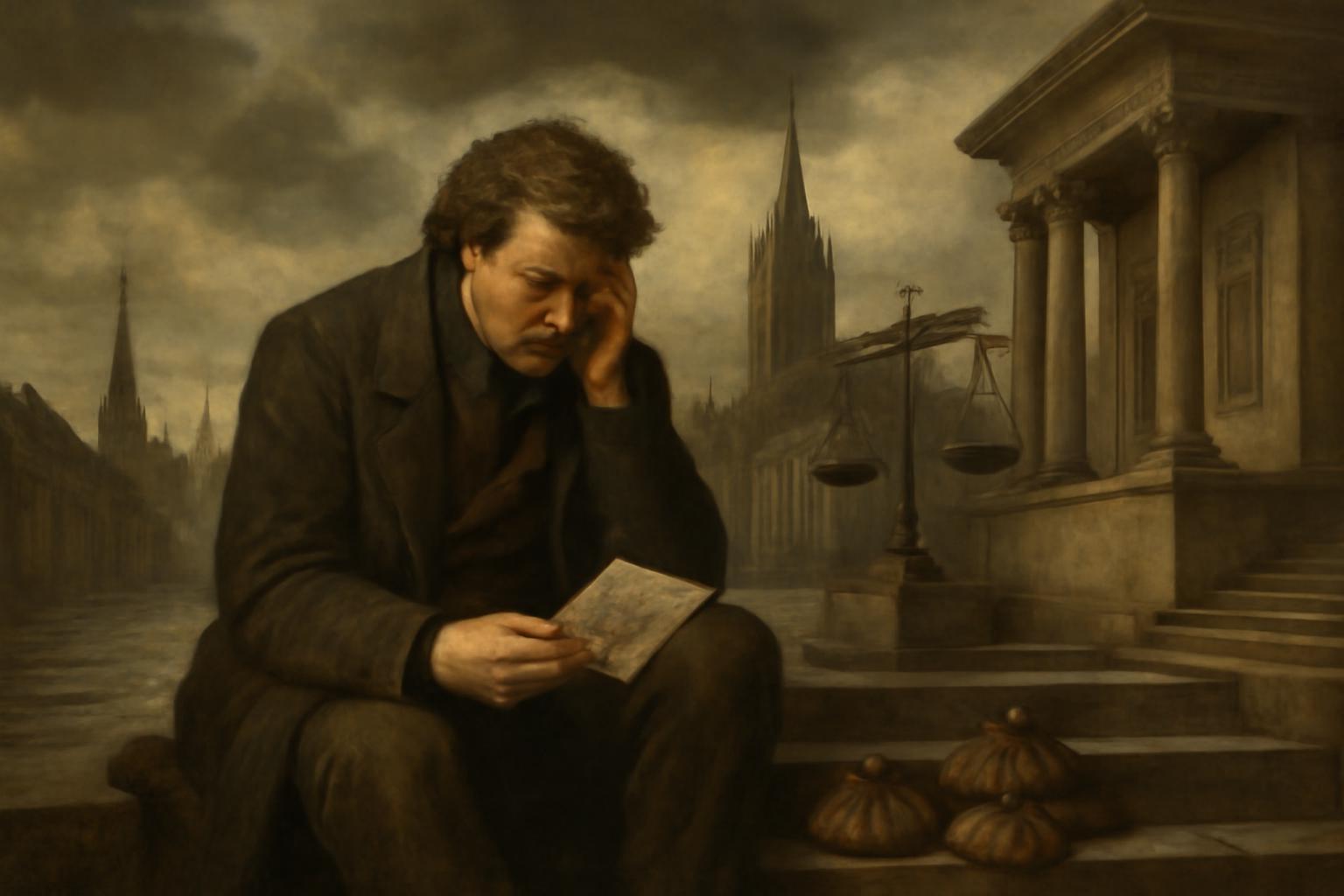The shrill revels of fiscal largesse have soured into a funeral march; the German municipalities, long intoxicated with the heady vapors of revenue, now awaken to find themselves shackled, not by revelry, but by a Sisyphean burden of debt—each citizen now shouldering a somber inheritance exceeding 30,000 euros. Such is the perverse irony that while coffers swell with a five-percent updraft, the specter of expenditure billows higher, dissipating restraint as social obligations and bureaucratic enormities engorge themselves upon the public purse.
Dionysian abundance has turned to a tragic reversal—last year’s surpluses, shadowy memories now, retreat before a deficit that has tripled its woeful form. Social expenditures swell, the price of the state’s ever-expanding conscience, yet federal promises dissolve like Eurydice in Hades, leaving cities chained to unremunerated imperatives. Staffing costs, a hydra-headed beast, double and double again, fed by collective agreements and the relentless attrition of inflation, while the cost of energy burns with the mindless ferocity of Prometheus’s fire. Investments occur, 52 billion euros hurled into the chasm, yet the precipice only yawns wider: 216 billion still awaited, an abyssal backlog that mocks all resolve.
Nietzsche would scoff at such faith in reform, for what are “structural reforms” but the hollow incantations of a dying priesthood? The Will to Power here is smothered, not in heroic tragedy but in petty administrative despair. The very notion of municipal viability—so essential to the polis, the fragile web upon which social cohesion depends—is now called into mordant question. Brigitte Mohn’s lament is apt: the municipalities, those last remnants of communal integrity, are watched like Oedipus blinded, groping through the labyrinth of underfunding towards a destiny foreordained by years of neglect and hubris.
What greater symbol of the modern malaise than East German towns, whose withered fiscal veins scarcely pulse, made whole only by transfusions from outside benefactors? Just as Atreus’s house could lay no claim to fortune but through cannibal compromise, so too do these cities persist by means marginal and desperate. Even the signs of fleeting improvement—reduced short-term credits, recovery in Saarland and Rhineland-Palatinate—are but fragile flowers upon a stone, threatened by impending floods of deficit.
To mourn these municipalities is to mourn the late-stage decline of Western culture itself. Where once the city was the cradle of civilization, agora and forum now crumble into Kafkaesque offices, hope bled dry by the bureaucracy it once animated. In their suffering, we see mirrored the tragic arc of the West: hamstrung by compassion, enervated by the surfeit of promises, fated to fall—not in heroic battle, but in a cold accountancy, numbers and laws grinding flesh and spirit alike beneath their indifferent, inexorable stride.
